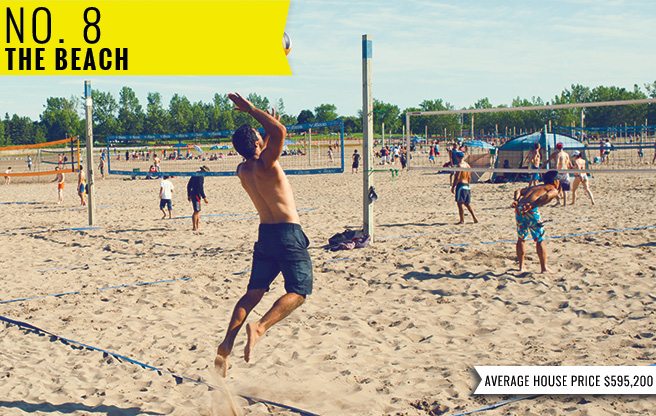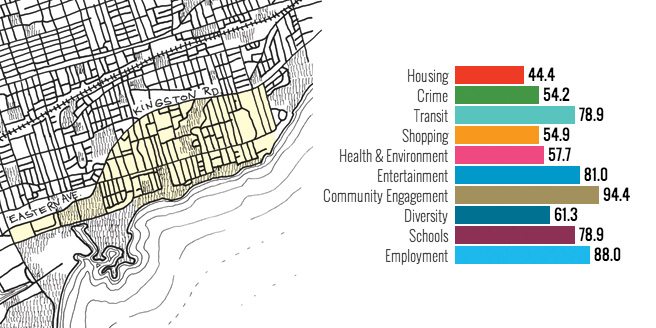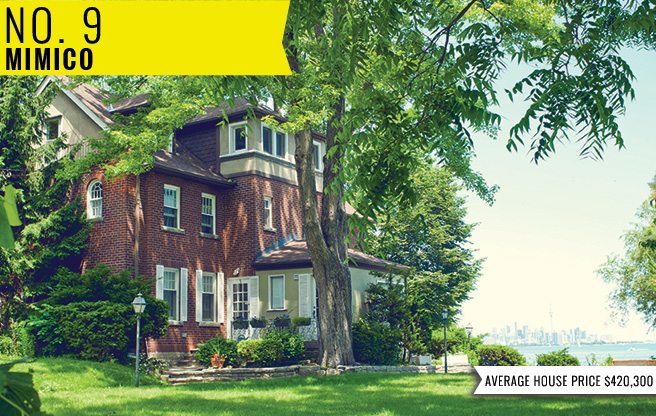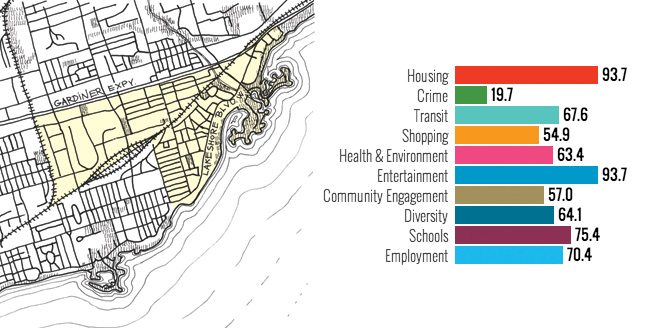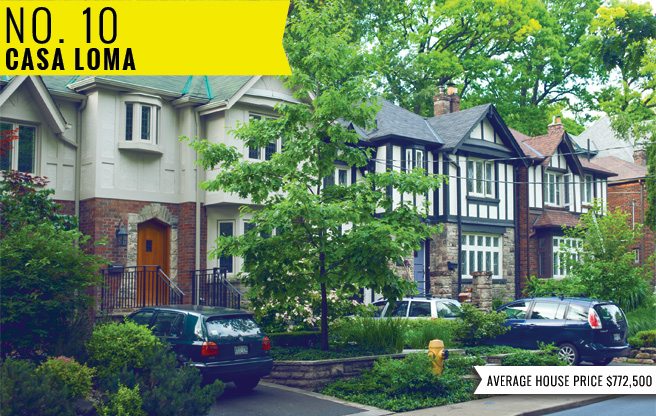Canada’s two most expensive cities for housing continue to defy warnings that their markets are poised to crash.
Both Vancouver and Toronto saw sales surge in July, outpacing expectations and further confusing buyers unsure of when the right time is to get in.
Sales in Toronto’s housing market were up 16 per cent in July compared to the same month last year, while Vancouver, already the most expensive city in Canada in which to own a home, saw a surprising 40-per-cent jump.
The comparison is to July 2012, when the government last tightened mortgage rules. Economists say that could have scared off a few buyers back then, creating a larger gap between the two time periods.
“However, the degree of the recovery in home sales over the last two months has beaten our expectations,” says TD Bank economist Diana Petramala.
Still, Petramala is expecting some “pay back” in August and September, as rising mortgage rates threaten to mute buying activity.
“The recent strength … is likely to prove temporary,” she says.
The Toronto Real Estate Board, is claiming it’s a “seller's market” with sales growing faster than listings. It says July sales were the third best on record, and the strongest since July 2009.
“We are a year removed from the onset of stricter mortgage lending guidelines and many households who put their decision to purchase a home on hold have reactivated their search,” says Toronto Real Estate Board (TREB) president Dianne Usher. “An increasing number of these households are getting deals done.”
Average home prices in Toronto rose 8 per cent in July to $513,246, compared to the year before, "reflecting tighter market conditions, " TREB said.
In Greater Vancouver, July was the highest selling month of the year and the highest for the month since 2009.
“Demand has strengthened in our market in the last few months, which can, in part, be attributed to pent-up demand from the slowdown in sales activity we saw at the end of last year,” says Sandra Wyant, president of the Real Estate Board of Greater Vancouver (REBGV), who describes the market in the region as stable.
The benchmark price for homes in the Greater Vancouver area were $601,900 for July, a drop of 2.3 per cent compared to the same time last year, but an increase of 2.3 per cent over the past six months, the REBGV says.
“This stability in price brings greater certainty to the home buying and selling process.”
Interest-rate rise prompting buyers to enter the market
TD says the surge in buying is also likely due to homebuyers with a pre-approved mortgages jumping into the market to take advantage of record-low interest rates.
The bank cites a correlation between interest rates and homes sales where, for every 1-per-cent increase in the 5-year government bond yield, existing home sales tend to immediately increase by 6 per cent, “supporting the view that as interest rates begin to rise, households with pre-approved mortgages jump into the market,” says Petramala.
“However, those gains have historically been reversed in the following few months.”
On the flip side, higher interest rates drive sales lower. TD says a 1-per-cent increase in interest rates leads to a 1-per-cent decline in home sales.
A recent report from economist Will Dunning Inc. also shows the impact rising interest rates would have on the Toronto resale housing market in particular.
Dunning, who is also the chief economist for the Canadian Association of Accredited Mortgage Professionals (CAAMP), found that a half-point rise in mortgage rates would cause home sales to drop by nearly 9 per cent between 2012 and 2015, with prices dropping by 2.6 per cent to about $486,000, down from $499,000.
If rates were to rise by 1 per cent, Dunning estimates a 15-per-cent drop in sales between 2012 and 2015. Prices would fall by nearly 6 per cent, to an average of about $470,000.
“Now, with the recent sharp jump in interest rates, buyers are rushing into the housing market to take advantage of pre-approved mortgage rates,” Dunning said.
- Posted using BlogPress from my iPad
